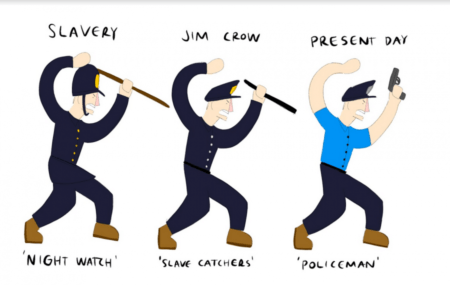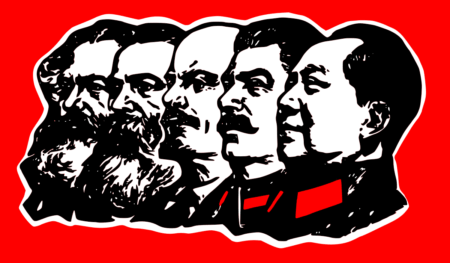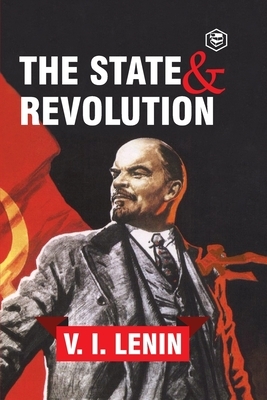I’m a regular reader of the magazine n+1. In each issue, we get a little set of essays at the beginning called The Intellectual Situation. This typically amounts to an essay of a few thousand words on some recent major topic. Ideally I think the topic stands out as one that’s particularly pressing among n+1’s readership. The idea isn’t without its problems. The essay often ends up centering the concerns of professional class progressives from New York. But it works out well enough.
Anyway, in the most recent issue, the author suggested that the early pandemic produced large changes in what’s politically possible. Changes that, ultimately, went away as the pandemic wore on.
Do readers agree with this? I know we saw large checks from the federal government in the early pandemic months. And we saw a rise in some kinds of social supports. But we also saw great inequality and, frankly, large pockets of selfishness.
I’m not convinced much changed, politically. The system adapted itself to the pandemic in as minimal a way as possible. For the most part, I think the background work needed was mostly missing. And so, most efforts at deep change made only small gains.




